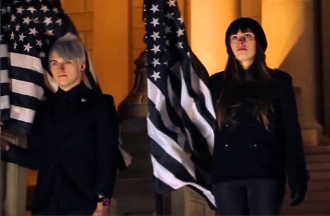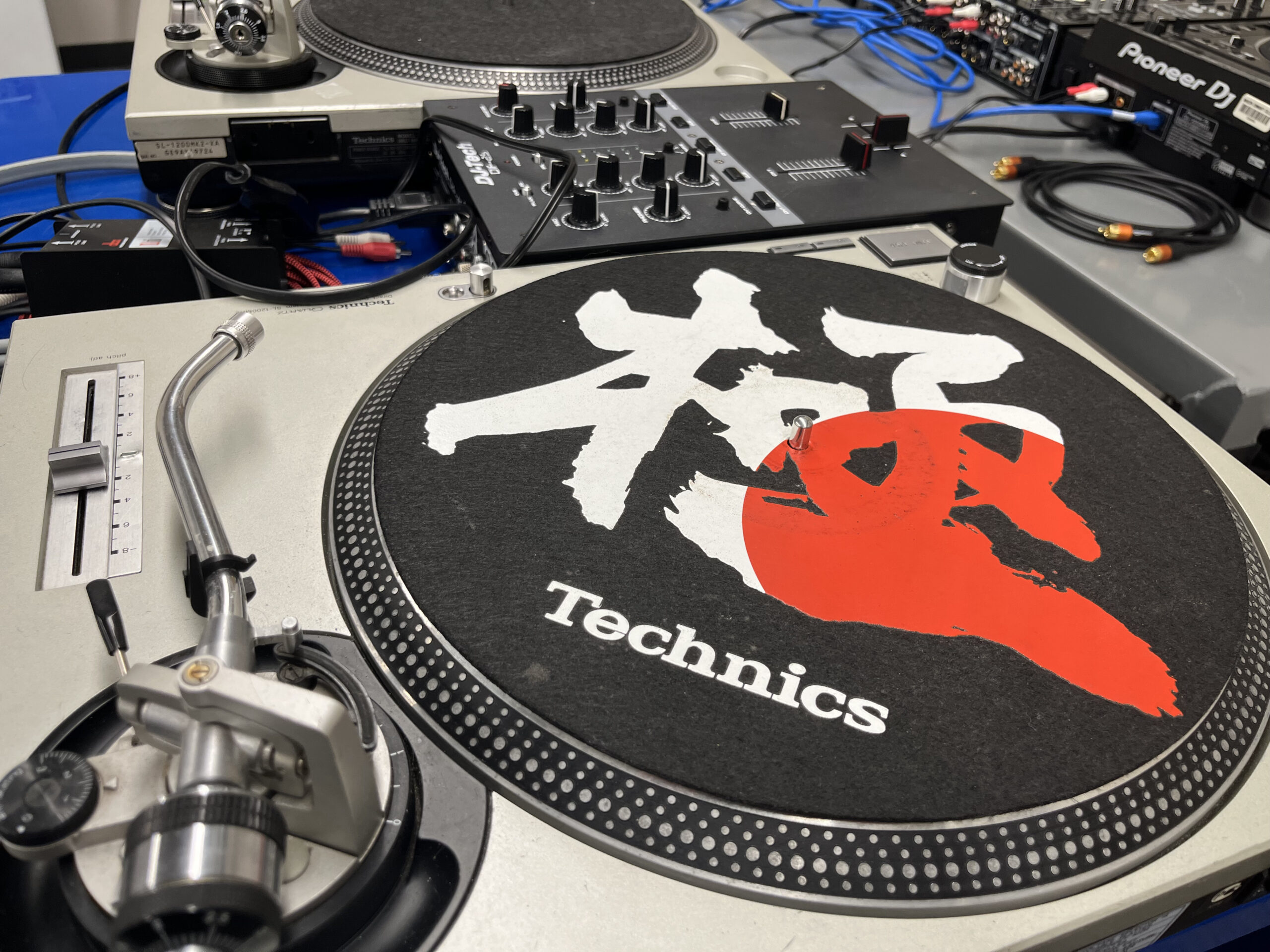Phoenix City Council ends pre-meeting prayers
City introduces moment of silence after First Amendment controversy
Cameron Abbott
Mesa Legend
A separation of church and state — an oft-used term utilized to create distance between any specific religion in order to refrain from religious interference in matters of state, and to keep the state from regulating religious practice, protected by the First Amendment. For more than 50 years, an invocation took place before the beginning of every Phoenix City Council meeting. That is no longer the case. Michelle Short, a resident of Tuscon, petitioned in December to read a prayer on behalf of the Satanic Temple. One important fact about The Satanic Temple, is that they are not Satanists. The Satanic Temple and its member are part of a non-theistic, secular movement.
“The mission of the Satanic Temple is to encourage benevolence and empathy among all people, reject tyrannical authority, advocate practical common sense and justice, and be directed by the human conscience to undertake noble pursuits guided by the individual will,” the Temple’s website states.

Despite this clear separation between the Temple, which uses Satan as a metaphor for non-conformity to monotheistic deities, and people who worship the biblical Satan, members of the city council felt a need to prevent Short from giving invocation from her religious sect. The council members, though, faced a massive problem.
Short had followed all rules and guidelines, and her Feb. 17 invocation date had already been approved.
To turn her away, would open the City of Phoenix to legal actions. When the Feb. 3 meeting came, a motion was offered by District 2 Councilman Jim Waring. “I want to make a motion to change the practice relating to invocation at formal council proceedings to allow schedule of invocations to be done by the Mayor and Council Members on a rotational basis, and those chosen to give the invocation be residents of Phoenix,” Waring said in a document drafted by himself and other council members.
During testimonials, the mayor and Council gave preference to members of the State Legislature, with the opening testimony given by Rep. Anthony Kern, of District 20. In his testimony of approval, Kern read aloud a letter signed by more than 20 signatories of the Arizona House of Representatives, including Speaker of the House David M. Gowan Sr.. “We, the undersigned members of the AZ State Legislature, express our personal support of Phoenix Council Members: Sal Diciccio, Bill Gates, Jim Waring, and Michael Nowakowski, as they work to restore dignity, common sense, and decorum to the invocation at the City of Phoenix Council meetings,” the testimony read. “We laud their efforts as they stand for the values that helped found our state and our nation.” What appeared to potentially become an explosive collision between church and state was defused by another motion by Councilwoman Thelda Williams.
“I want to make a substitute motion that we change the practice of having spoken prayer before the council meeting to a moment of silent prayer and reflection so individuals can each pray in accordance to their respective faith and beliefs and for it to be effective immediately,” the councilwoman said. For more than two hours, testimony from every present citizen of the City of Phoenix was allowed, and before a vote, Mayor Greg Stanton requested a rare vocal address from Phoenix city attorney Brad Holm. He gave his legal advice to the Council to vote in favor of Councilwoman Williams’s motion “Ms. Short followed the scheduling rules… These rules assured her the right to pray on Feb. 17, unless the Council modified its practice on spoken prayer for council meetings.” Holm said. “If this council adopted a moment of silence prayer, and adopted it immediately, that change in practice would not suppress a minority religious viewpoint while favoring more broadly held religious viewpoints.”
With a vote of 5 to 4, the substitute motion passed, eliminating the historic invocation practice. In a surprising fashion however, when reach for comment, the Satanic Temple considered this a victory. “(The motion is) not just a win for us, (but) a win for every minority voice the council would have otherwise silenced. Our goal was simply to not be discriminated against and to point out hypocrisy in government.” Satanic Temple spokesperson, Stuart de Haan said. “The moment of silence serves both of those purposes. The only other legal and non-discriminatory option would be to let us, and any other faiths, give an invocation.” Scottsdale appears to be the next battleground, as the City of Scottsdale has approved the Temple to give an invocation on April 5.









